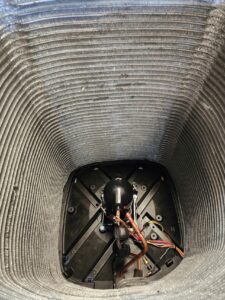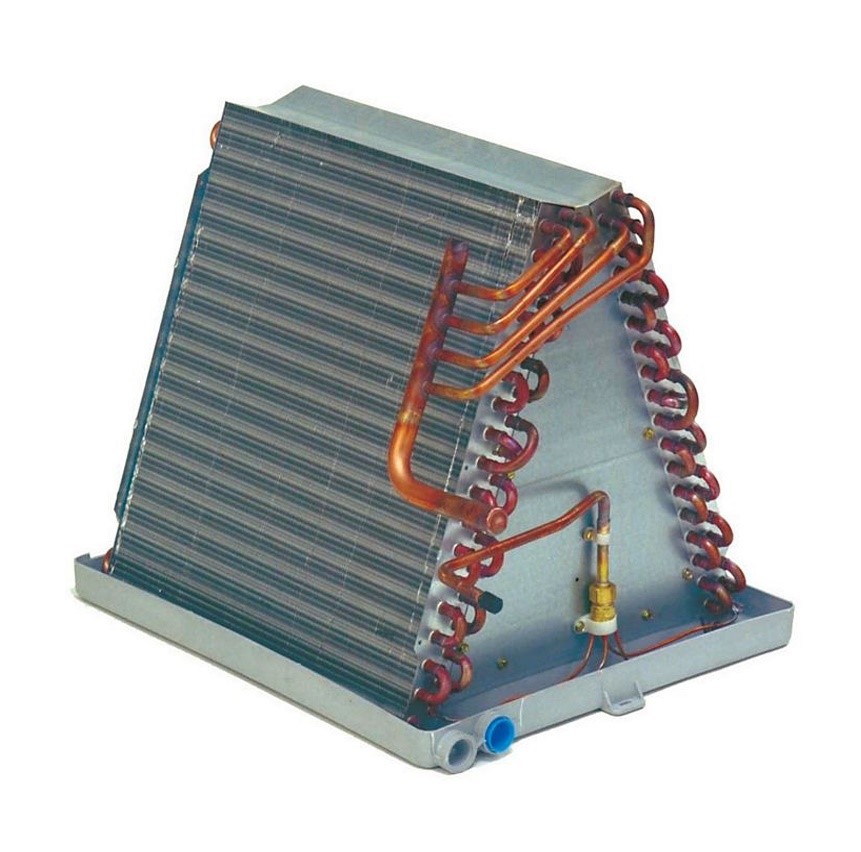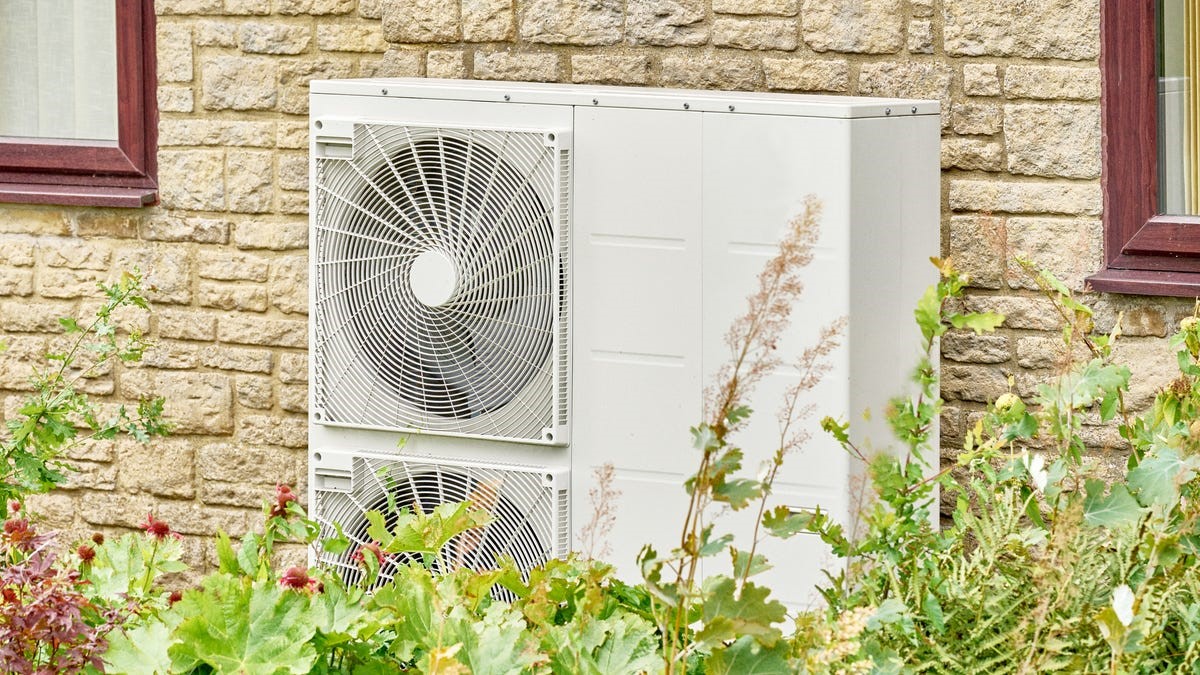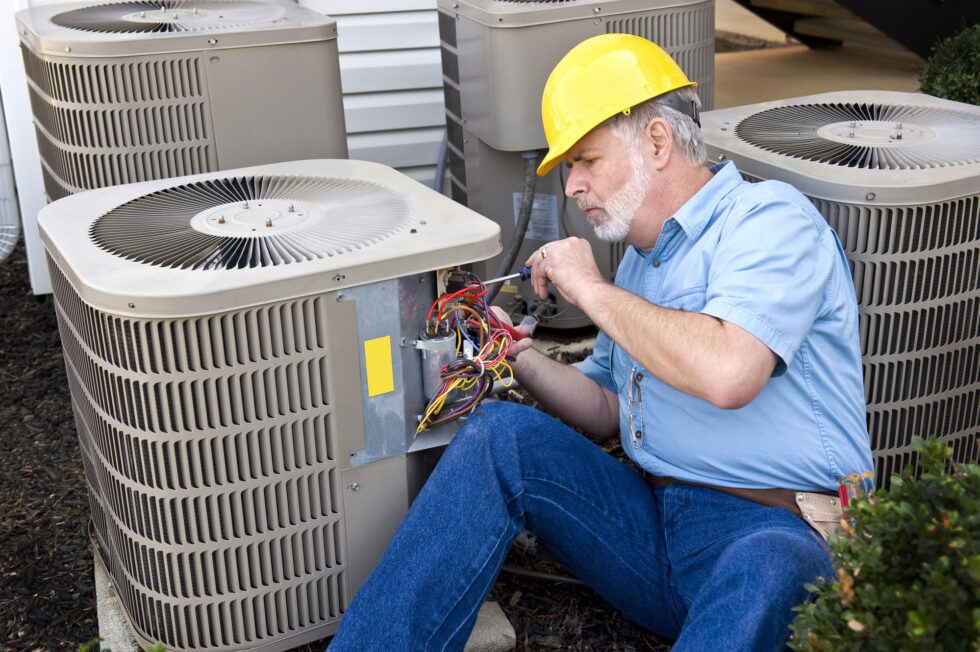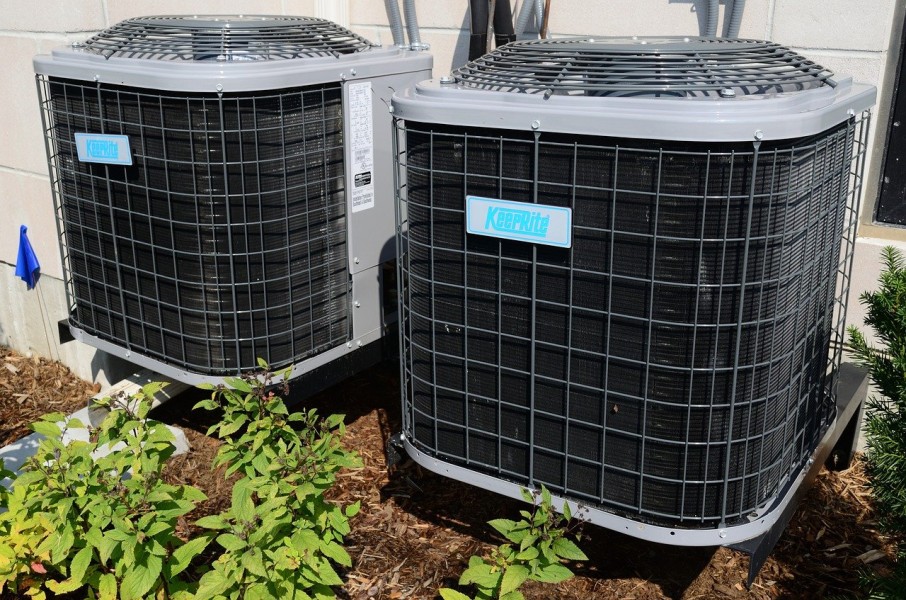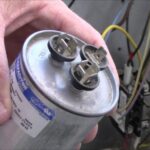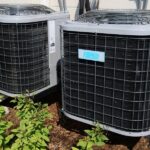Your home’s air conditioning coils or HVAC coils are susceptible to freezing at any time, frozen coil air conditioner pose a significant threat to your HVAC system’s efficiency. These AC coils are also known as air conditioner evaporator coils.

Be it the imminent winter chill or the arrival of spring, maintaining a watchful eye on your AC is crucial. Incorporating preventive measures into your yearly routine ensures early detection of potential issues, safeguarding your AC coils’ optimal functionality. This proactive approach guarantees a consistently cool and comfortable indoor environment, making it a year-round necessity to prioritize the well-being of your heating and cooling system.
WHAT CAUSES AN AC COIL TO FREEZE?

Here are the common causes of frozen coils on ac unit
Insufficient Airflow:
- Cause: When air filters are dirty or there are issues with the ductwork, the flow of air through the system is reduced.
- Effect: With weakened airflow, the air conditioning system struggles to keep the coils warm. If coils get too cold, they can freeze, impacting the overall effectiveness of the system.
- Refrigerant Leaks:
- Cause: Refrigerant is a crucial component for the cooling process in an air conditioning system. Leaks disrupt the proper balance of refrigerant.
- Effect: Insufficient levels of refrigerant can lead to the coils becoming too cold, resulting in freezing. This affects the system’s ability to absorb and release heat effectively.
- When the refrigerant leaks in your air conditioning system, it makes water appear on the coils. If this water doesn’t get drained away properly, it can turn into ice. This ice covers the coils like a blanket, stopping them from doing their job of moving heat around. So, when there’s a refrigerant leak and the water turns to ice, the coils can’t transfer heat like they should, and that can be a problem for your air conditioner. Regular check-ups can help catch these issues early and keep your system running smoothly.
- Mechanical Issues:
- Cause: Various mechanical problems within the air conditioning system, such as malfunctioning components or irregularities.
- Effect: Mechanical issues can interfere with the cooling process, potentially causing condensation to freeze on the coils. This disrupts the normal functioning of the system.
- Condensation Buildup:
- Cause: During the cooling process, moisture in the air condenses on the coils. If this condensation isn’t drained properly, it can lead to issues.
- Effect: Unaddressed condensation can freeze on the coils, creating a layer of ice. This ice acts as insulation, hindering the transfer of heat and causing the coils to freeze. This disrupts the efficiency of the air conditioning system.
- Blower Fan Issues:
- Cause: Malfunctions in the blower fan impede the proper circulation of air throughout the HVAC system.
- Effect: When the blower fan is not functioning correctly, it disrupts the smooth flow of air. This poor airflow contributes to temperature drops, potentially causing the AC coil to freeze. The fan is crucial for distributing conditioned air, and its malfunction can impact the overall performance of the system.
- Thermostat Malfunctions:
- Cause: Faulty thermostat settings or malfunctions in the thermostat’s operation.
- Effect: If the thermostat is not working accurately, it can lead to improper temperature regulation. This inaccuracy may result in abnormal drops in temperature, creating conditions that can cause the AC coil to freeze. The thermostat plays a pivotal role in controlling the cooling process, and malfunctions can impact the entire HVAC system’s efficiency.
- System Problems:
- Cause: Overall issues within the HVAC system, which may involve various components and functions.
- Effect: Irregularities in the HVAC system can cause temperature imbalances. This, in turn, increases the risk of the AC coil freezing. The HVAC system is a complex network of interconnected parts, and problems within the system can disrupt the normal functioning of the cooling process, impacting the performance of the AC coil. Regular system checks and maintenance are crucial to identify and address potential issues.
In summary, these factors, whether related to airflow, refrigerant levels, mechanical components, or condensation management, can individually or collectively contribute to the freezing of AC coils. Regular maintenance and timely addressing of these issues are crucial for preventing coil freezing and ensuring the smooth operation of the air conditioning system.
SIGNS OF A FROZEN AC evaporator COILs or HVAC coils

Detecting a frozen coil on AC unit is crucial for maintaining your air conditioning system’s efficiency. Here are signs that may indicate your AC coil is frozen:
- Weak Airflow:
- Sign: Reduced or weak airflow from the vents.
- Explanation: A frozen coil can hinder the normal flow of air, leading to weakened or restricted airflow throughout your home.
- Warm Air Instead of Cold Air:
- Sign: The air coming from the vents is warmer than expected.
- Explanation: A frozen coil disrupts the cooling process, resulting in the system blowing warmer air instead of the expected cool air.
- Ice Formation on the Coil:
- Sign: Visible ice on the indoor or outdoor unit.
- Explanation: If you observe ice accumulation on the coils, it’s a clear indicator that freezing has occurred, hindering the proper functioning of the system.
- Water Leaks:
- Sign: Water leakage around the indoor unit.
- Explanation: As the frozen coil starts to thaw, it can lead to water leakage around the unit, indicating a previous freezing episode.
- Hissing or Bubbling Sounds:
- Sign: Unusual hissing or bubbling noises from the indoor unit.
- Explanation: The thawing process may produce sounds as the ice melts and water drips. These sounds can be a sign of a previously frozen coil.
- Elevated Humidity Levels:
- Sign: Increased indoor humidity levels.
- Explanation: A frozen coil affects the system’s dehumidification process, allowing excess moisture to linger in the air and elevate humidity levels.
If you observe any of these signs, it’s essential to turn off your AC system and seek professional assistance. Ignoring a frozen coil can lead to further damage and reduced system efficiency. Regular maintenance can help prevent these issues and keep your AC running smoothly.
How to troubleshooting frozen ac coils and fix them
Troubleshooting frozen coils on ac unit is essential for restoring proper functionality to your air conditioning system. Here are steps to help identify and address the issue:
- Turn Off the AC:
- Action: Immediately turn off the air conditioner to prevent further damage.
- Explanation: Continuing to run the AC with frozen coils can lead to increased stress on the system and potential damage.
- Check for Ice:
- Action: Inspect the indoor and outdoor units for visible ice on the coils.
- Explanation: Visual confirmation of ice on the coils is a clear indication of a frozen AC unit.
- Inspect Air Filters:
- Action: Examine and replace or clean air filters if they are dirty or clogged.
- Explanation: Restricted airflow due to dirty filters is a common cause of frozen coils. Ensuring clean filters promotes proper air circulation.
- Examine Thermostat Settings:
- Action: Verify that the thermostat is set to the correct temperature.
- Explanation: Incorrect thermostat settings can lead to the AC system overworking, potentially causing freezing.
- Check for Obstructions:
- Action: Ensure that vents and registers are not blocked by furniture or other obstructions.
- Explanation: Blocked vents can disrupt the airflow, contributing to coil freezing.
- Inspect Refrigerant Levels:
- Action: Have a professional technician check for refrigerant leaks and ensure proper levels.
- Explanation: Low refrigerant levels can lead to coil freezing, and addressing any leaks is crucial for optimal system performance.
- Thaw the Coils:
- Action: Allow the coils to thaw completely before attempting to restart the AC.
- Explanation: Thawing is necessary to remove the ice layer and restore normal functioning. It may take several hours.
- Turn Off the Thermostat and Use the Fan:
- Action: Switch off the temperature control on your AC and turn on the fan. This helps blow air over the frozen indoor coil, possibly thawing it. Wait for a few hours and check again.
- Explanation: By stopping the cooling and letting the fan circulate air, you give the frozen coil a chance to melt. Checking back after some time can show if it’s working.
- Activate Defrost Mode (For Systems with a Heat Pump):
- Action: If your heating and cooling system has a heat pump, turn on the defrost mode. Follow any specific de-icing instructions provided for your AC unit.
- Explanation: Heat pumps have a defrost mode that helps thaw the frozen coil. If your AC has special de-icing instructions, follow them to address the freezing issue effectively.
- Schedule Professional Inspection:
- Action: Contact a qualified HVAC technician for a thorough inspection.
- Explanation: Professionals can identify and address underlying issues contributing to coil freezing, such as mechanical problems or refrigerant leaks.
- Consider Preventive Maintenance:
- Action: Establish a regular maintenance schedule to prevent future occurrences.
- Explanation: Routine maintenance, including cleaning coils and checking system components, can help prevent issues leading to frozen coils.
By systematically troubleshooting and addressing these factors, you can minimize the risk of frozen AC coils and ensure the efficient operation of your air conditioning system.

